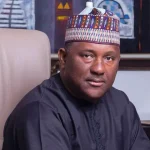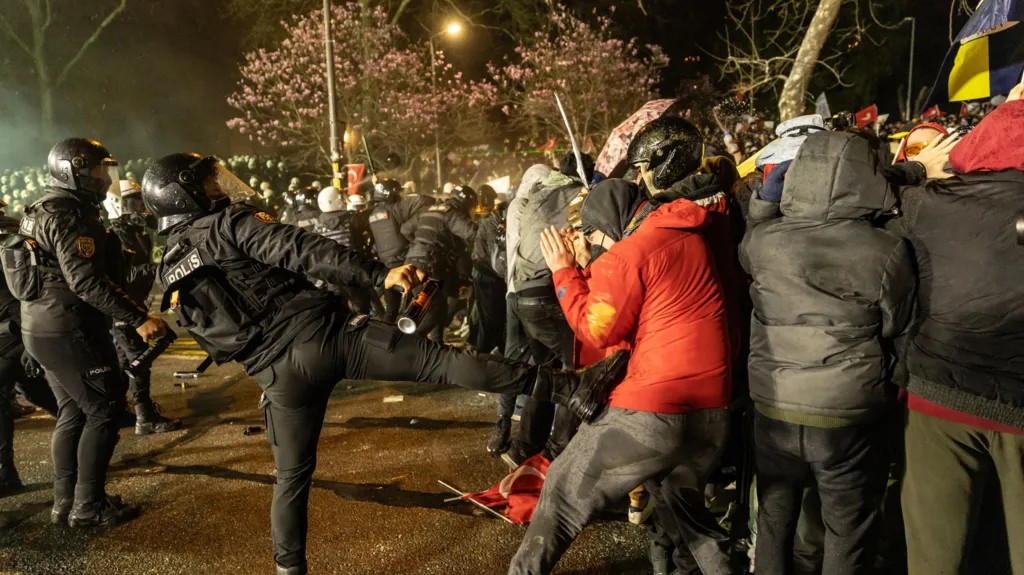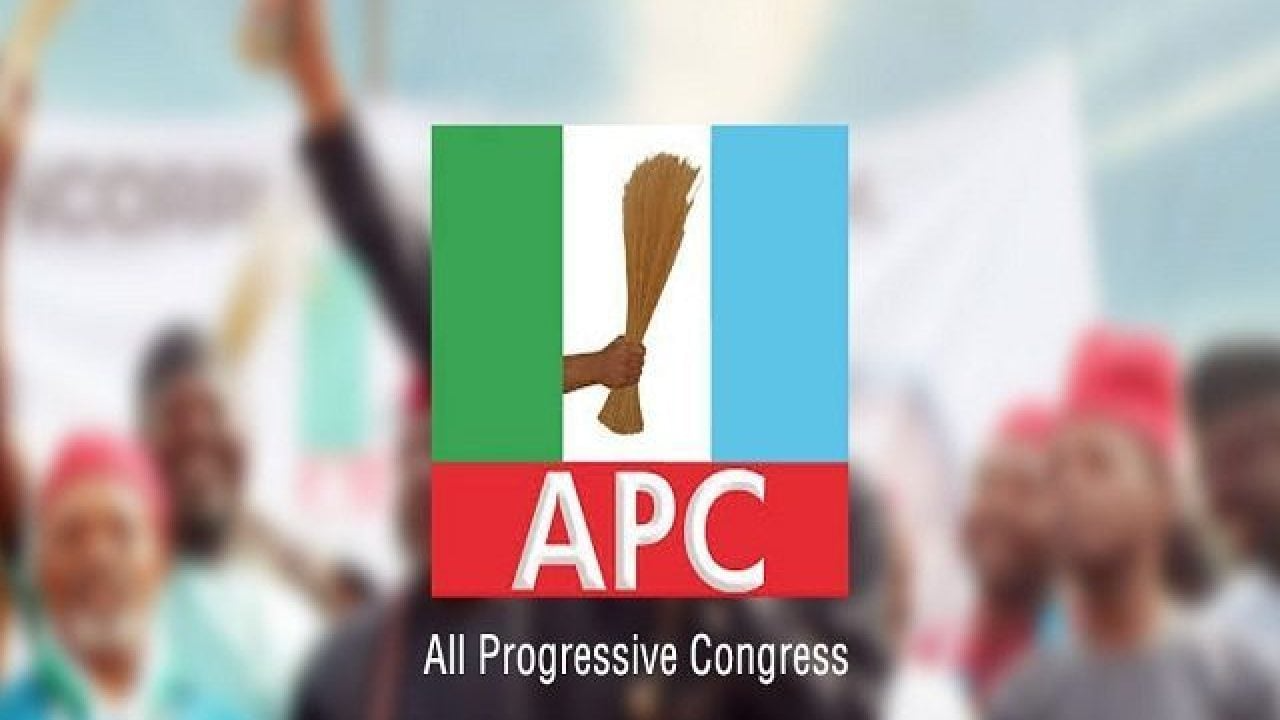Thousands of protesters have taken to the streets across Turkey after the country’s opposition leader, Ekrem Imamoglu, was arrested and charged with corruption.
Imamoglu, who is the mayor of Istanbul, was expected to be the presidential candidate for the Republican People’s Party in the 2028 elections. His arrest on Sunday led to some of the largest protests Turkey has seen in over a decade.
Police responded by using tear gas, rubber bullets, and water cannons to disperse crowds. Demonstrators gathered in front of Istanbul’s city hall, waving Turkish flags and chanting slogans against the government.
“I will never bow,” Imamoglu wrote on social media before he was sent to prison. He described his arrest as a “black stain on our democracy.”
His wife, Dilek Kaya Imamoglu, also addressed the crowds, saying, “The injustice my husband has faced has struck a chord with every conscience.”
The protests spread across the country, with demonstrations held in at least 55 out of Turkey’s 81 provinces. More than 700 people have been arrested since the protests began.
Imamoglu was charged with several crimes, including corruption, extortion, and rigging government contracts. He was taken to a prison in Silivri and suspended from his role as mayor.
President Recep Tayyip Erdogan has denied any involvement in the arrest, accusing the opposition party of “disturbing the peace and dividing the people.”
Imamoglu’s supporters believe the charges are politically motivated. His lawyers have vowed to challenge his suspension in court.
Meanwhile, a controversial decision by Istanbul University to revoke Imamoglu’s degree has raised more concerns. According to Turkey’s constitution, a president must have a higher education degree. His legal team plans to appeal the decision.
Despite his arrest, Imamoglu remains a strong political figure. If convicted, however, he will not be allowed to run for office.
As protests continue, many in Turkey see this moment as a major test for the country’s democracy.











